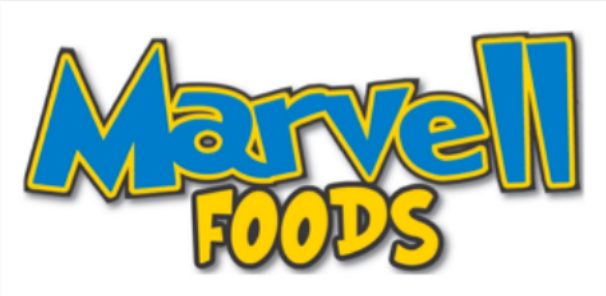If you’re in the food manufacturing industry, you’re probably at least somewhat familiar with retail food brokers. To appreciate the value of food brokers, understanding the differences between brokers and distributors and how these entities operate in the larger food supply chain is essential. A food broker has the critical role of pitching and selling your products to retailers. Some work as specialty brokers, such as frozen food brokers or closeout food brokers, while others offer more general services. In either case, brokers are tasked with getting your products onto shelves, including negotiating prices and getting you the best deal.

Brokers and distributors both offer solutions for selling your products, but there’s a fundamental difference in doing it. Retail food brokers operate similarly to outsourced sales teams by marketing your products to buyers and facilitating deals on your behalf with prospective retail outlets. On the other hand, distributors buy your product outright and then resell it for profit.
Both service providers offer different solutions for selling your products and getting them into the hands of consumers. When choosing to work with one over the other, consider how hands-on you want to be in the logistics of getting your product to market and your potential profit margins. With brokers, you could make more, but generally speaking, you’ll be responsible for the distribution. However, as part of the deal-making process, a good food broker has relationships with truckers and logistics and can handle this aspect of a deal/sale. With distributors, you’ll likely net less profit, but they’ll do all of the heavy liftings in getting the product to the stores.
Many food manufacturers, co packers, suppliers, and producers of niche food products and goods often don’t have the budget for full-time, in house sales and marketing teams. With food brokers, you get the advantages that come with years of industry experience, all of their relationships, and connections that facilitate the sale of your products.
BENEFIT #1: THEY HAVE A LONG ESTABLISHED NETWORK OF CONNECTIONS
Brokers have already done all the hard work of establishing relationships with buyers. When you partner with a food broker – especially one with a proven reputation with years of experience, you’ll be able to take advantage of those connections and save time and trouble. This is useful for all food sales, particularly in salvage and closeout sales, which is a niche industry that requires years of nurturing and cultivating relationships.
BENEFIT #2: THEY OFFER EXPERTISE IN SALES AND MARKETING COMMISSIONS
Another drawback: they may represent competing manufacturers, so while they’ll always do their best for you, they won’t necessarily prioritize your products the same way you would.
To be clear, though, Marvell Foods does not charge upfront costs. Marvell Foods is only compensated upon a sale. Depending upon the goods or products, Marvell Foods is also a potential direct buyer of your company’s products and goods. In other instances, it may act as a broker to one of its many national and international customers cultivated over more than thirty years in business.
BENEFIT #3: THEY FREE UP YOUR TIME – SO YOU CAN DO WHAT YOU DO!
There are only so many hours in a day, and you’ve likely got enough to deal with already. Let’s say you are the producer of an “artisanal” or specialty “craft” product, and let’s say, for example, the sales of your product are not what you hoped, and you are seeking to offload these goods. Chances are you will have a hard time finding a bulk buyer. A good food broker will already have a network to present your goods instead of you or someone in your company spending hours, days, weeks, and even months cold-calling, trying to find a buyer for those goods. And, if this product has short-coding or “soon to expire” or “best use by date” is rapidly approaching, your company will not have the time to waste finding a bulk buyer. You need to ask yourself, “how much is my time worth, or that of a member of my organization”? Every day these products remain on the shelf or in inventory, the value diminishes significantly.
MOST FOOD BROKERS CHARGE AN UPFRONT FEE – MARVELL FOODS DOES NOT!
Generally speaking, the biggest negative of working with a food broker is probably cost. Most brokers come with up-front and monthly fees and per-sale
BENEFITS OF WORKING WITH A RETAIL OR CLOSEOUT FOOD BROKERS
Your business can gain tremendously from working with a food broker. These are some of the most significant benefits.
THE BOTTOM LINE – WORKING WITH FOOD BROKERS
When working with brokers, the pros almost always outweigh the cons. What you spend on broker fees (which Marvell Foods DOES NOT charge), you save by not having to maintain an in-house team or dedicating a person to try and find a buyer for your one-off or short-coded products. And while they might represent other clients, they have an incentive to get your products sold.
CONTACT US TODAY TO FIND OUT HOW MARVELL FOODS CAN HELP YOU NOT ONLY SELL YOUR PRODUCTS BUT USE OUR SERVICES TO HELP YOU BUY RAW MATERIALS FOR YOUR MANUFACTURING PROCESS.
CONTACT:
MARILYN RAYBIN
561-213-2289 | [email protected]

